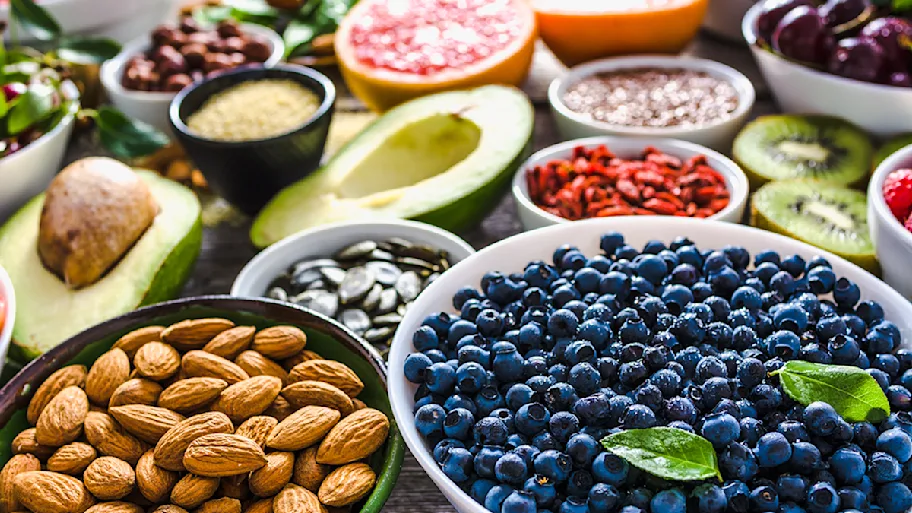
- Science news
- Frontiers news
- FRONTIERS DISCUSSION: Goals in Nutrition Science 2015 – 2020
FRONTIERS DISCUSSION: Goals in Nutrition Science 2015 – 2020
FRONTIERS DISCUSSION: Goals in Nutrition Science 2015 – 2020 from Frontiers on Vimeo.
The field of nutrition has expanded over the past couple of decades with the scope of research now incorporating a number of disciplines ranging from molecular science and molecular genetics to brain energy.
Dr. Johannes le Coutre, Field Chief Editor of Frontiers in Nutrition and Head of Perception Physiology at the Nestlé Research Center, says brain energy metabolism and research in how the brain is affected in vulnerable situations has become critical in response to questions about cognitive decline, dementia and Alzheimer’s disease. Professor Pierre Magistretti, Specialty Chief Editor of Frontiers in Neuroenergetics, Nutrition and Brain Health and Dean of the Biological and Environmental Science and Engineering Division at King Abdullah University of Science and Technology (KAUST), agrees. He says bringing together neuroenergetics and nutrition is a natural development of the field.
Over the years, le Coutre and Magistretti have been collaborating on ways to merge research in brain energy metabolism into the field of nutrition. They say in the last 15 to 20 years, scientists have identified potential targets for intervention that go beyond advances in drugs. Instead, they are looking at how nutrition can be used as a way to hinder or prevent cognitive decline over the long term.
Challenging Nutrition Scientists Everywhere
These discussions, along with discussions with other nutrition scientists, resulted in the publication of an article entitled “Goals in Nutrition Science 2015-2020” that was published in the journal Frontiers in Nutrition this past September.
The article is a collection of thought from nearly 20 researchers on the biggest challenges in Nutrition Science today. According to le Coutre, they purposely decided not to come up with a consensus of challenges, but kept each one separate. The reason was to avoid writing an article on nutrition trends. Instead the authors’ goal for the paper was to initiate action and push the field towards new focused research. They wanted to set goals for the next 5 years that scientists across the globe could focus on achieving, and be measured against to see if they were achieved.
“Many journals these days publish trends…We realized that ‘trends’ put you already in a passive situation because you are just observing what is going on. We decided to turn this around and talk about goals,” said le Coutre.
The article was, as le Coutre explains, published as a “grand” challenge for the scientific community to rise up and complete.
From Brain Health to Obesity
One of the goals in the paper is looking at nutrition and brain health. Nutrition plays an important role in nervous system development and cognition at the beginning of life. It also plays a role later in life with cognitive decline and with challenges that are related to brain metabolism.
“We know there is a decline in brain metabolism with age and we know also in many cases that this is associated with cognitive decline. So you see at both ends of the spectrum of life – from the very early stages to the very last ones — there is a remarkable role to be played by nutrition. And in between, of course, maintaining healthy nutrition to keep a healthy brain is a natural conclusion,” Magistretti said.
Nutrition is currently an expanding field. In addition to the emerging thinking that brain energy metabolism, cognitive decline and Alzheimer’s disease could be linked and addressed via nutrition, Nutrition scientists are also facing hurdles such as worldwide hunger, hidden hunger in the Western world, as well as an growing overweight and obesity problem.
“Nutrition is essential to human life, and we see there is a link between being overweight, diabetes, obesity and ultimately Alzheimer’s disease which is why people talk about Type 3 diabetes when they talk about Alzheimer’s disease. All of this is one continuous topical element, which is why with Frontiers in Nutrition, we want to continue to cover a broad scope with articles being published about the Mediterranean diet all the way to epigenetics in the developing brain,” said le Coutre.
Magistretti and le Coutre say they are just at the beginning and will see after this 5 year period how the domain develops. Their goal is that in 2020, the authors of the paper will get back together to look back to see what has been done and if they achieved what they tried to do.






